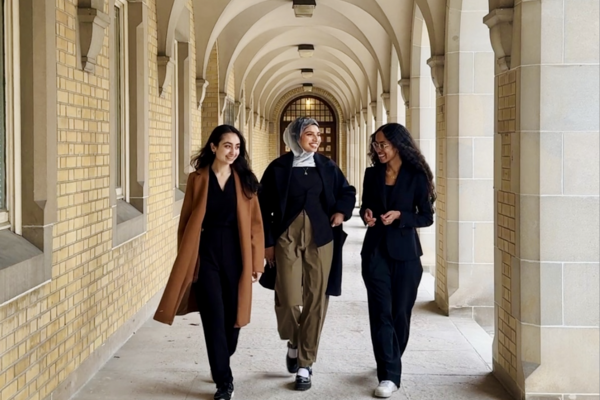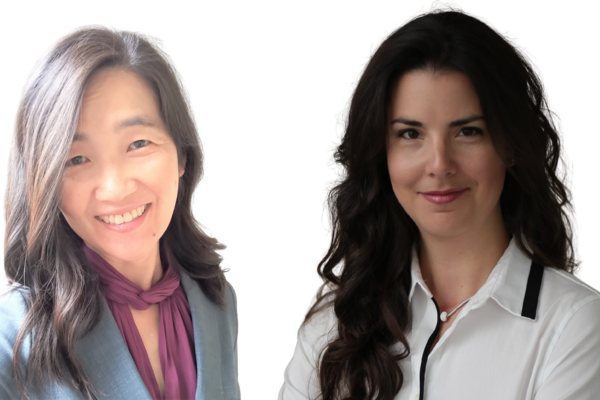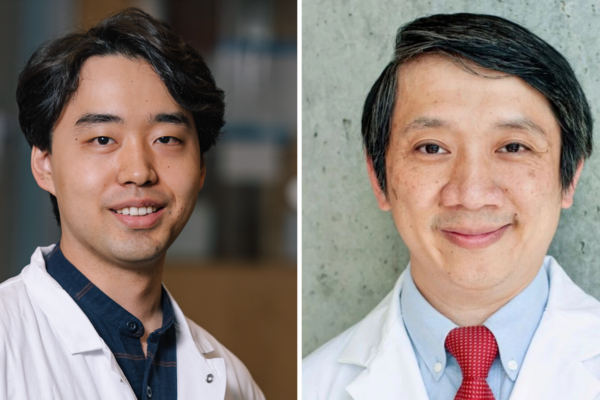Mobile Menu
- Education
- Research
-
Students
- High School Outreach
- Undergraduate & Beyond: Community of Support
- Current Students
- Faculty & Staff
- Alumni
- News & Events
- Giving
- About
Nicole Bodnar
Once accepted into medical school, students are faced with an important question: ‘What kind of doctor do I want to be?’
There are two general paths: medical and surgical. But with minimal access to operating rooms or surgical professionals during the first two years of medical school, students often make this decision without much first-hand experience.
Now in its second year, the Surgical Exploration and Discovery (SEAD) Program —spearheaded by U of T Medicine students and the Department of Surgery — is helping first-year students make this important decision. Running June 10 to 21, SEAD offers exclusive access to Toronto’s most advanced operating rooms, highly sought-after mentorship opportunities with U of T’s diverse surgeons and hands-on skill development with cutting-edge simulators. It’s an introductory surgical education experience unrivalled by any other in North America.
“It’s like a Contiki Tour, but instead of countries, it provides all-access exposure to surgical hot spots,” says second-year medical student Neil D’Souza, the program’s current director.
“Last year’s SEAD experience introduced me to orthopedic oncology and vascular surgery, options I wouldn’t have considered without the program. Learning surgical skills and principles at an early stage gives medical students a head start,” says D’Souza as he continues on his surgical exploration path.
An invaluable experience for 20 first-year students each June, SEAD participants shadow surgeons from each of the seven direct-entry specialties (as well as thoracic and pediatric surgery) and trauma team at St. Mikes and Sunnybrook. SEAD students also participate in hands-on simulations at U of T’s Surgical Skills Centre at Mount Sinai Hospital and Li Ka Shing International Heathcare Education Centre and can talk to leading surgeons about career development.
SEAD also benefits surgeons, who are eager to engage medical students early in their training and share their experience practicing their surgical specialty.
James Rutka, Chair of U of T’s Department of Surgery and neurosurgeon at the Hospital for Sick Children (Sick Kids), says SEAD helps ensure adequate numbers of students enter key surgical specialties.
“There aren’t many opportunities for students to see first-hand how gratifying surgery is in the early years, so students may be deterred by concerns about work-life balance, intensity of care and the high frequency of life-threatening conditions,” says Rutka, who describes his pediatric surgery elective at Sick Kids as his career’s defining moment. “By giving students access, experience and mentorship, this unique program helps them to make a more informed decision about their career direction.”
The program was established by Nada Gawad, now a third year medical student, in June 2012.
Watch a video created by the inaugural SEAD class here.


